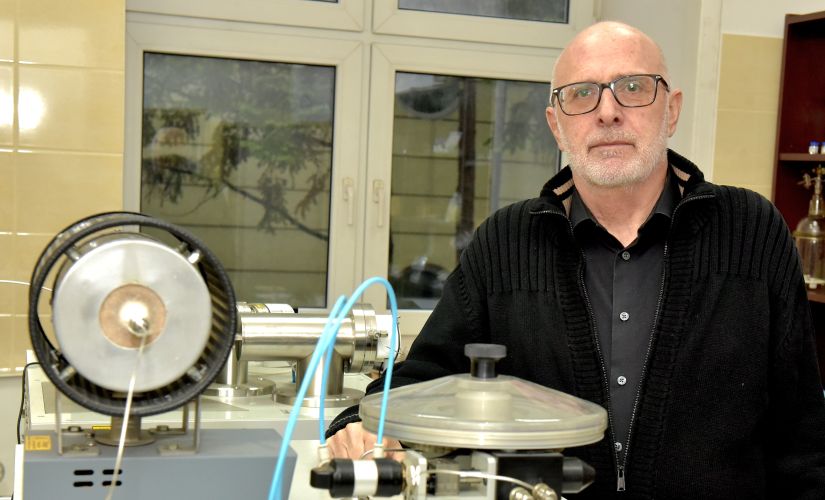Prof. Piotr Paneth from the International Centre for Research on Innovative Biomaterials (ICRI-BioM) together with Prof. Li Ji from the China University of Mining and Technology, will carry out the project: Investigating the mechanisms of dehalogenation of organic pollutants catalysed by coenzyme F430, for which he has received nearly PLN 900,000.
Prof. Piotr Paneth from the International Centre for Research on Innovative Biomaterials (ICRI-BioM) together with Prof. Li Ji from the China University of Mining and Technology, will carry out the project: Investigating the mechanisms of dehalogenation of organic pollutants catalysed by coenzyme F430, for which he has received nearly PLN 900,000.
"The findings will provide an important theoretical basis for the application of coenzyme F430 and its synthetic derivatives in the remediation of contaminated sites. Combining experimental work with theoretical predictions has proven to be an ideal approach to study complex reactions over the years, as not all steps are usually suitable for experimental studies, and therefore experimental data in such systems require theoretical support," - wrote Prof. Paneth in the project description.
Bilateral cooperation in this project will further promote the use of isotope fractionation, studied using both experimental and theoretical methods, in order to reveal complex mechanisms of biotransformation of pollutants - emphasized Prof. Paneth.
SHENG 3 for Polish-Chinese research projects is organised by National Science Centre (NSC) jointly with the National Natural Science Foundation of China (NSFC), a Chinese agency, according to a parallel evaluation procedure. "This means that both agencies carry out parallel formal and substantive evaluation of applications, and only those projects that are recommended simultaneously by the NSC and the NSFC receive funding," - reads the NSC website.

